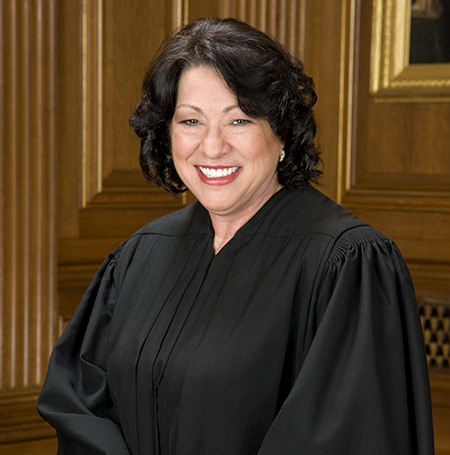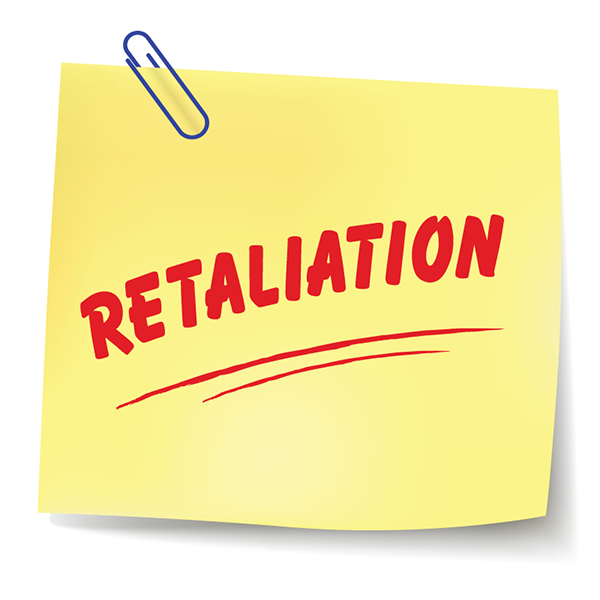ABA's inaugural Equity Summit will highlight importance of inclusion; guests include Justice Sotomayor

Image from Shutterstock.
As people around the world rallied against racism and inequality in summer 2020, members of the ABA Diversity and Inclusion Advisory Council also came together to discuss how they could respond.
Their conversations led to the inaugural ABA Equity Summit: Advancing Diversity, Equity, and Inclusion in the Legal Profession and Beyond, a virtual conference from Sept. 27 to Sept. 30 that aims to provide lawyers, judges, law students and other legal professionals with best practices and practical tools to address crucial DEI issues. The deadline for registration is Sept. 24 at 12 p.m. ET.
“It is an opportunity for members of the legal community to come together to educate themselves and exchange insights on key diversity, equity and inclusion challenges in the profession, hopefully resulting in solutions for us to really address inequity issues,” says German Gomez, who participated in those conversations as the Center for Professional Responsibility representative to the council.
He now serves as the chair of the planning committee for the Equity Summit, which will be hosted by the Diversity and Inclusion Center and Diversity and Inclusion Advisory Council. An ABA press release is here.
In a statement provided to the ABA Journal, ABA President Reginald Turner said the Equity Summit is “an exciting venture that will convene a broad cross-section of legal professionals to discuss the pressing challenges of diversity and inclusion.” He pointed out that these challenges include implicit bias, recruiting and retaining diverse lawyers and the impact of the COVID-19 pandemic on diversity.
 Justice Sonia Sotomayor will be participating in a fireside chat Sept. 29.
Justice Sonia Sotomayor will be participating in a fireside chat Sept. 29.The Equity Summit will feature a fireside discussion on Sept. 29 between U.S. Supreme Court Justice Sonia Sotomayor and Jaime “Jim” Taronji, the Antitrust Law Section representative to the Diversity and Inclusion Advisory Council and an attorney at the Federal Trade Commission. Turner will offer welcome remarks.
Throughout the summit’s four days of programming, registrants can attend five CLE programs. This includes “Best Practices for Recruiting, Supporting and Retaining Lawyers with Disabilities as Part of Firm DEI Initiatives,” a panel on Sept. 28 offering legal employers guidance on how to attract lawyers with disabilities and make their workplaces more inclusive; and “You Can’t Change What You Can’t See: Interrupting Bias in the Legal Profession,” a panel on Sept. 29 exploring how to interrupt bias in hiring, assignments, performance review and compensation.
One of the final CLE programs, “COVID-19 and the Impact of Diversity and Inclusion in the Practice of Law,” will be held on Sept. 30 and addresses how the pandemic has affected the legal profession.
Among the Equity Summit’s four TED-style talks on Sept. 28 is “Leveraging Your Personal Brand to Build DEI and Leadership,” a program that teaches lawyers how to hone their brands to become champions of diversity. Another is “Using ABA Model Rule 8.4(g) to Advance DEI in the Legal Profession,” presented by Gomez, which highlights how the rule that prohibits harassment and discrimination by lawyers can be used to further DEI initiatives.
Attendees can also sit in on three workshops on critical DEI issues on Sept. 27. One of these programs, “Relying on the Diversity Pipeline to Achieve Diversity in the Legal Profession,” focuses on how attorneys and judges can help address the challenges faced by diverse students along the education pipeline.
Gomez says the ABA has long tried through Goal III to eliminate bias and enhance diversity and that this summit is the next step in that important work.
“This summit is just part and parcel of the ABA’s goal to make every effort to promote full and equal participation in the profession and the justice system by all people, and to eliminate bias in the legal profession,” says Gomez, the chief human resources officer for the Americas at Hogan Lovells. “We want to learn from each other and see if we can come up with new strategies on how to combat bias in the profession, and hopefully stem the flow of women and minority lawyers leaving the profession.”
The Equity Summit, in addition to its programs, will provide an opportunity for networking on Sept. 27 and a virtual tour of the National Civil Rights Museum in Memphis, Tennessee, on Sept. 29.
The conference is $69 for ABA members and $99 for nonmembers. Government and public interest attorneys will receive further discounted rates. The association’s law student members can attend for free. Registration closes on Sept. 24 at 12 p.m. ET.
More registration information and the full list of programs can be found on the Equity Summit website.
Write a letter to the editor, share a story tip or update, or report an error.


